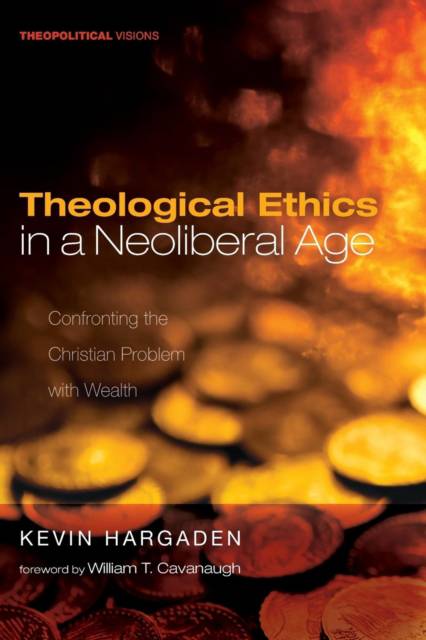
Door een staking bij bpost kan je online bestelling op dit moment iets langer onderweg zijn dan voorzien. Dringend iets nodig? Onze winkels ontvangen jou met open armen!
- Afhalen na 1 uur in een winkel met voorraad
- Gratis thuislevering in België vanaf € 30
- Ruim aanbod met 7 miljoen producten
Door een staking bij bpost kan je online bestelling op dit moment iets langer onderweg zijn dan voorzien. Dringend iets nodig? Onze winkels ontvangen jou met open armen!
- Afhalen na 1 uur in een winkel met voorraad
- Gratis thuislevering in België vanaf € 30
- Ruim aanbod met 7 miljoen producten
Zoeken
€ 41,95
+ 83 punten
Uitvoering
Omschrijving
Throughout his ministry, Jesus spoke frequently and unabashedly on the now-taboo subject of money. With nothing good to say to the rich, the New Testament--indeed the entire Bible--is far from positive towards the topic of personal wealth. And yet, we all seek material prosperity and comfort. How are Christians to square the words of their savior with the balances of their bank accounts, or more accurately, with their unquenchable desire for financial security? While the church has developed diverse responses to the problems of poverty, it is often silent on what seems almost as straightforward a biblical principle: that wealth, too, is a problem. By considering the particular context of the recent economic history of Ireland, this book explores how the parables of Jesus can be the key to unlocking what it might mean to follow Christ as wealthy people without diluting our dilemma or denying the tension. Through an engagement with contemporary economic and political thought, aided by the work of Karl Barth and William T. Cavanaugh, this book represents a unique and innovative intervention to a discussion that applies to every Christian in the Western world.
Specificaties
Betrokkenen
- Auteur(s):
- Uitgeverij:
Inhoud
- Aantal bladzijden:
- 234
- Taal:
- Engels
- Reeks:
- Reeksnummer:
- nr. 24
Eigenschappen
- Productcode (EAN):
- 9781532655005
- Verschijningsdatum:
- 31/10/2018
- Uitvoering:
- Paperback
- Formaat:
- Trade paperback (VS)
- Afmetingen:
- 152 mm x 229 mm
- Gewicht:
- 349 g

Alleen bij Standaard Boekhandel
+ 83 punten op je klantenkaart van Standaard Boekhandel
Beoordelingen
We publiceren alleen reviews die voldoen aan de voorwaarden voor reviews. Bekijk onze voorwaarden voor reviews.











